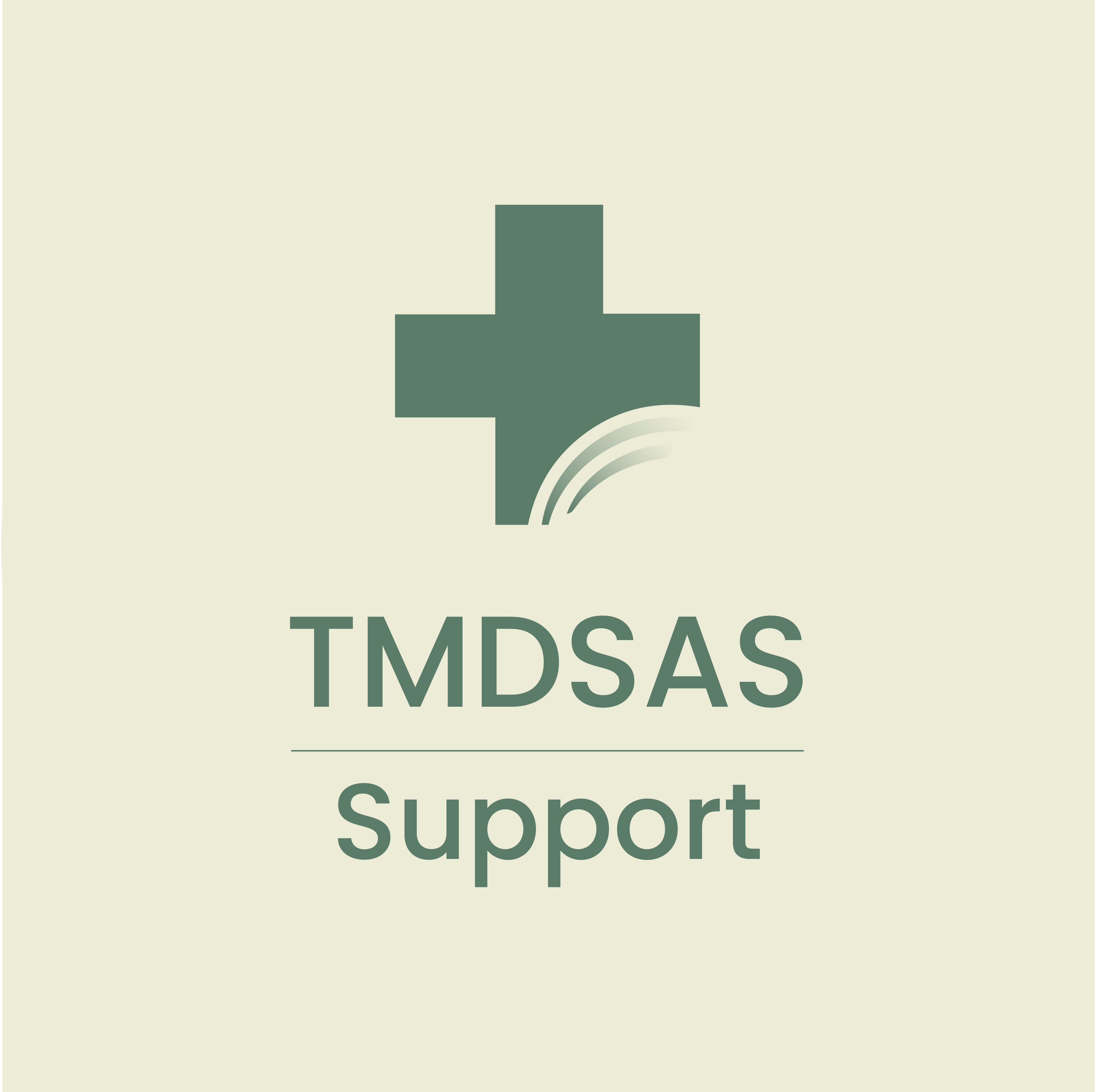What to Do When There’s No Course Listing Available
When planning a road trip, we will often consult a map to help decide how to get to
our final destination. Without one, we’d likely find ourselves lost and missing out
on potentially awesome roadside attractions! As you start coding courses in your coursework
section, you’ll find your institution’s course listing page is the map that helps
you complete your coursework entry journey.
What do you do when your institution isn’t listed, and you find you will have to code
courses without this helpful guide? Below, we will explore a few resources and suggestions
for how to code your courses when there’s no course listing available.
What are the Prescribed Coursework Definitions?
A list of criteria for how courses may be coded while entering coursework can be found
in the
Coursework Definitions and Policies.
Refer to Your Institution’s Course Listings, if offered.
Important Reminder: Course Listings are not for academic advising. To identify courses that fulfill
the pre-requisite requirements, please visit with your Pre-Health advisor.
If you believe that a course fulfills the general requirements, but missing from your
institution's Course Listing page, please have your Pre-Health advisor contact TMDSAS
at
info@tmdsas.com.
If no Course Listings Page is offered:
- Refer to your institution’s B.S. Biology Degree Requirements to anticipate which courses
will meet requirements in Biology, Chemistry, Organic Chemistry, Biochemistry, and
Physics.
- Have a Pre-Health advisor from your institution send an email to info@tmdsas.com with information supporting the addition of courses to fulfill the pre-requisites,
and our team will review these updates to include in the Course Listings.
- If you do not have access to an advisor, you can request to be paired with a volunteer
health professions advisor at NAAHP to help you assess your courses and identify courses that fulfill the pre-requisites.
Submit a Course Appeal
ONLY SUBMIT A COURSE APPEAL if you are a current applicant, to resolve a course deficiency,
or to have a course included in your BCPM GPA.
What is a course appeal?
- Upon transmission of your application, you will have a chance to review any possible
changes made to your course coding. Should you have an unexpected deficiency, or a
course not included in your BCPM GPA that you feel should be, you may submit a Course
Appeal.
When is the best time to submit an appeal?
- Appeals must be submitted within 7 business days of the initial email notifying applicants
that their application has been transmitted to schools.
How do I submit an appeal?
When will I receive a Course Appeal determination?
- Coursework appeal decisions will be made 10-15 business days after receipt of all
required information and documentation. Please be aware processing times can be longer
during peak season.
Important Reminder: Coursework will be reviewed and adjusted, if necessary, during processing by your
TMDSAS Applicant Liaison. Use your best judgment when coding courses. Adjustments
made to course coding during processing will not negatively impact the processing
and transmission of your application.
Key Takeaways: Use your best judgment. You have options available to you and TMDSAS will be here
to support you throughout the process.

About the author: The TMDSAS Support team is here to help address your questions about how to get through the application to the schools quickly and easily.



